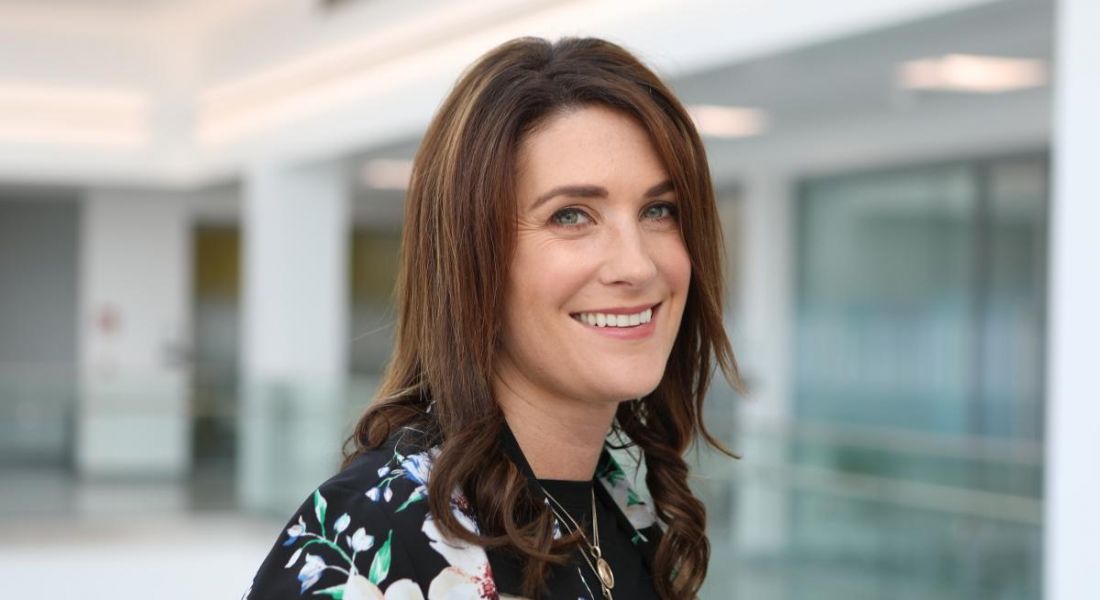Some of the biggest tech firms in the world preach about the importance of company culture, but what about the large biopharma brands?
When someone thinks about working in the health sciences sector, they probably think of the innovative products, the emerging technology and the difference they can make to people’s lives. Indeed, all of these elements are really important for someone working in a health sciences company.
The ideal candidate for the healthcare industry would ideally have passion for what they do and be aware of what they’re doing to help people.
However, whether you’re a QA analyst, a lab technician, or working in research and development, there will be so much more to your job than the work you do. Similar to any other workplace, company culture is extremely important.
The health sciences sector is becoming more competitive all the time and there are a few reasons for this.
With such a rapidly evolving industry, new jobs are being created much faster than talent, leaving a notable skills gap. While this is good news for those who want to work in biopharma and health, it leaves employers fighting to recruit the very best talent.
And, when they have to compete for talent with the same skill requirements as major companies in the tech industry as well as the health industry, that battle becomes tougher. This means that biopharma giants want to present their company culture as much as the work that they do.
Emma Daly is the associate director for validation in Bristol-Myers Squibb (BMS). She spoke to Siliconrepublic.com about what makes the BMS culture different.
Firstly, she said the leadership team at the company “really believes that investing in people comes before anything else”.
Daly added that BMS employees are always encouraged to do a wide variety of training and further education to upskill and develop their careers. “Also, we know how to have fun here at BMS,” laughed Daly, recalling their family fun day where the leadership team took part in Pie Face and donations were given to the Jigsaw community.
She also talked about the culture of inclusion within the company. “It feels in BMS like there’s no hierarchy.” She said that if employees want to talk to general manager Noel Heaney, they don’t feel the need to go through their own manager first.
The company culture is important in any organisation but, particularly for those who want to work in the health sciences sector, it’s important that the working environment matches the values of the company’s mission to change people’s lives for the better.




